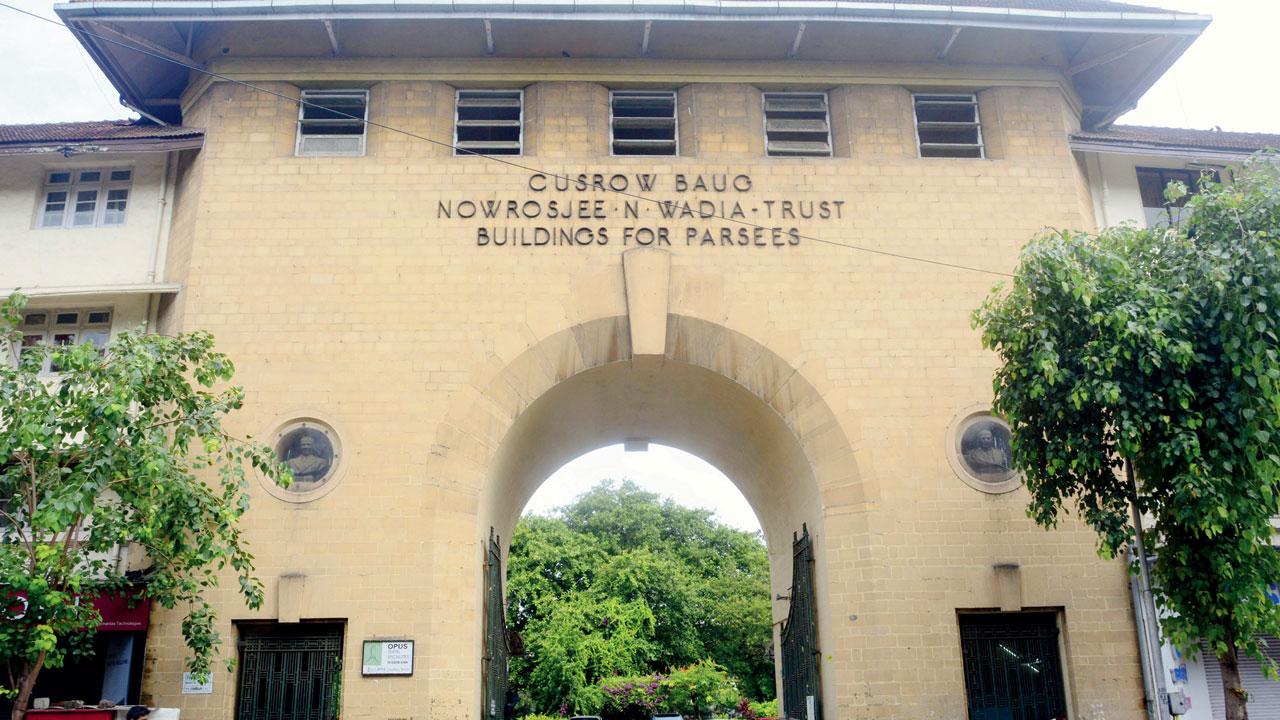Ahead of Mumbai-born author Rohinton Mistry’s 70th birthday tomorrow, 3 writers demeanour during a city of retreat by his sensate universe of words

Rohinton Mistry. Pic Courtesy/Getty Images
The author who has killed his darlings
I had not visited a Parsi Baug before we review Tales from Firozsha Baag. But when we walked into Cusrow Baug in Colaba — to accommodate Gieve Patel [poet], we consider — we was struck by a clarity of deja vu. we knew this since we had lived it; since we had review it. we have review all of Mistry’s books, and remember a startle of warn on anticipating someone readable, relatable and enjoyable. His essay character has a fairness and clarity.

There’s no fat in his writing, no self-indulgence or crafty postmodernist posturing. It is literary essay of a tip sequence since it is simple, and morality comes during a outrageous cost. Mistry has killed his darlings. After reading Tales from Firozsha Baag, we knew we would keep going behind to it again and again. Then, came a aspiration and qualification of A Fine Balance; a creator stairs out of a nuances of a Parsi multitude and inspects caste, category and duty behaving on people during a Emergency. Family Matters finished me yowl since it brought aged age adult close. we re-read a pretension after a genocide of my friend, Mehlli Gobhai [abstractionist artist], and found it as deeply affecting.

Now suddenly, we wish to review Such a Long Journey again since we generally remember a attribute between Gustad Noble and his friend. About Parsi enlightenment and Indian-ness, we can remember a bizarre impulse from one of his novels, where a immature male was asked to uncover his bicep. It was afterwards compared to a mango. The comparison was so extraordinary that it has stayed with me. There’s also a discuss of an “empty-stomach smell” that Dina Dalal — one of a categorical characters in A Fine Balance — identifies when dual group benefaction themselves as tailors. Also, her really Indian separation of teacups held my eye.
Jerry Pinto
Popularising a Parsi community

I reckon one reads Mistry for authenticity, for plot, for characters, and a scattered arch that is life itself. we feel no author has finished as most to denounce and popularise a Parsi village in imitation as Mistry has. The warm camaraderie, a desirable idiosyncrasies, a unashamed amicable interactions, a adore of food, novel and life — Mistry’s books have all of those aspects that make Parsis good friends to have, and a unaccompanied community.
Murzban F Shroff
From someone who cares
Mistry’s essay creates for a richly textured narrative. we like his cinematic aptitude for fact and a free distraction of local speech. Such a Long Journey is set opposite a Bangladesh interloper crisis; it brings that middle-class Parsi knowledge in Mumbai to life. The story involves a RAW officer broken by afterwards Prime Minister Indira Gandhi. we finally review this rarely endorsed entrance novel of his final September, 30 years after a release.

It was an immersive read, generally in a context of a opening combined by a array of lockdowns. we found myself ecstatic to a book’s setting, a outline Bombay Parsi cluster with clear characters battling a operation of amicable and romantic conflicts, from a forever-looming hazard of misery to a destruction of relationships. Despite a novel’s merits, we felt it fell brief from a feminist perspective. Its women characters are conjunction well-rounded nor do they suffer group or an middle life of significance. Mumbai’s Parsi community, tiny in series and fiercely protecting of a traditions, is rather of an conundrum to a outsider.

The Tower of Silence during Malabar Hill. Pic Courtesy/WIKIMEDIA COMMONS
Mistry welcomes us into it. He brings out a nuances of bland life, as good as a good dignified struggles of a community, with a amatory palm and an harsh eye. Far from a extravagances of a elite, a book focuses on those vital on a mercantile fringes of society. Whether it is a grotty home of a Miss Havisham-like prime individualist or wake rites within a Tower of Silence, a reader is authorised entrance into tip spaces in a association of someone who knows and cares. What struck me as special was his ability to prominence a struggles and complexities of characters that in other works of novella would have remained racial caricatures.
Rehana Munir

<!–
$(“.read-more-my”).click(function() {
$(this).parent().siblings(“.more-text”).css(‘display’, ‘block’);
$(‘.article-first-para’).removeAttr(“style”);
$(this).parent().remove();
var height12=$(‘#showfullarticle’).offset().top();
$(window).scrollTop(height12);
(function(i, s, o, g, r, a, m) {
i[‘GoogleAnalyticsObject’]=r;
i[r]=i[r]||function() {
(i[r].q=i[r].q||[]).push(arguments)
}
, i[r].l=1*new Date();
a=s.createElement(o), m=s.getElementsByTagName(o)[0];
a.async=1;
a.src=g;
m.parentNode.insertBefore(a, m)
}
)(window, document, ‘script’, ‘//www.google-analytics.com/analytics.js’, ‘ga’);
//ga(‘create’, ‘UA-2326030-39′, ‘auto’);
let displayMode = ‘browser';
let dimensionValue=”browser”;
const mqStandAlone = ‘(display-mode: standalone)';
if (navigator.standalone || window.matchMedia(mqStandAlone).matches) {
if(displayMode==’standalone’){
ga(‘create’, ‘UA-213337986-1′, ‘auto’);//pwa
}else{
ga(‘create’, ‘UA-2326030-39′, ‘auto’);//live
}
}
ga(‘send’, ‘user’);
ga(‘send’, {
‘hitType':’event’, ‘eventCategory':’Showfullstory’, ‘eventAction':’user’, ‘eventLabel':’article’, ‘hitCallback':function() {}
, ‘hitCallbackFail':function() {}
});
});
–>
